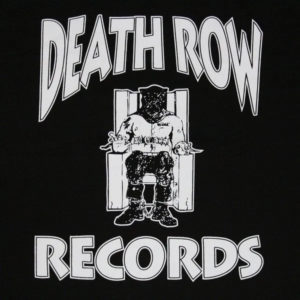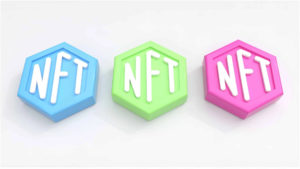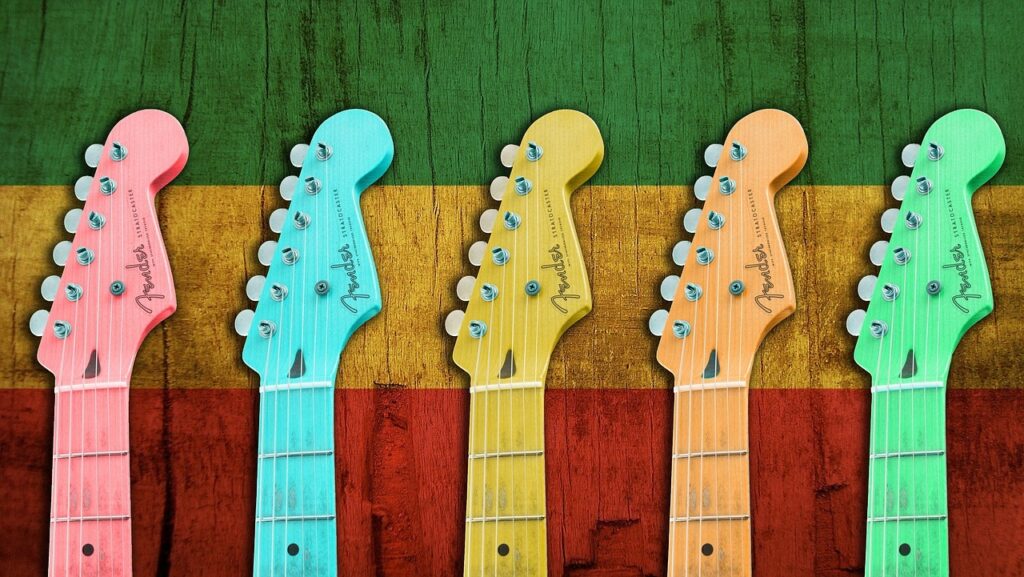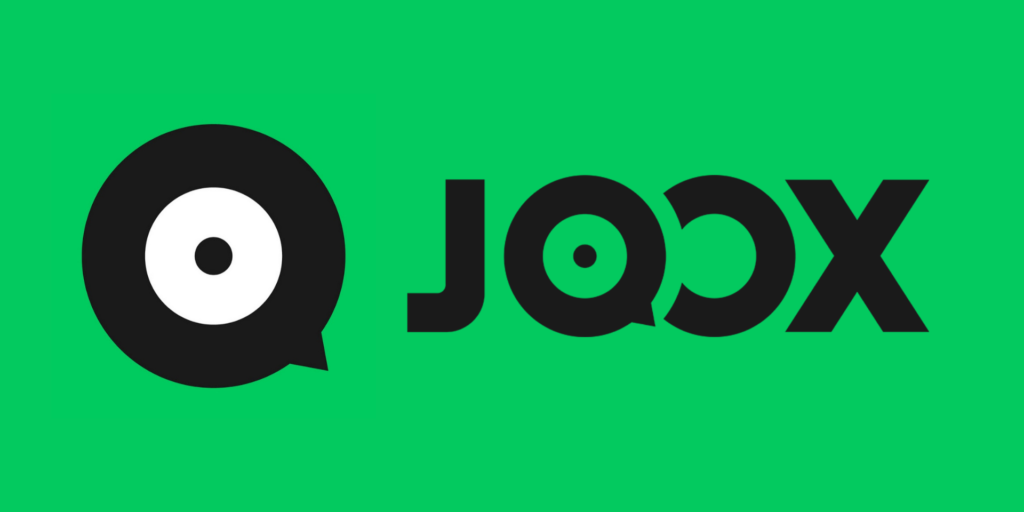5 NFT Record Labels Redefining Music
Written by WOM writer on August 17, 2022
More and more musicians are using NFT technology to take back control, leading to a web3 music industry that is healthier and more artist-friendly. Through music NFTs and NFT record labels, emerging and mid-tier artists are making a living, building communities, and breaking free from a traditional music industry that serves only the few. Not only that, but time and again, NFTs are proving to be the way to make money as an unsigned musician. Interested in learning more about NFT record labels? Keep reading.
What is an NFT record label?
In order to understand what an NFT record label is, it is important to identify what a record label is. A record label is a company that scouts new artists, develops them, and coordinates production, manufacturing, distribution and marketing of records. Traditionally, artists depended on record labels to release music and establish a career.
While record labels still have a lot of authority in the music industry, many artists are opting for the independent route. Depending on the contract, record labels have the power to own the artist’s music for the rest of their lives. High-profile cases, such as Taylor Swift’s masters controversy, have further shed light on how certain traditional labels can exploit young artists.
On the other hand, an NFT record label guarantees the artist full ownership of their music. By providing a certificate of ownership, an NFT record label ensures that the relationship between the label and the artist is mutually beneficial.
For NFT record labels, the main token – or music format – is NFTs, stored on the blockchain. In addition, NFT record labels help artists build a community of fans and use web3 services, such as NFT marketplaces, to disseminate the music.
How does an NFT record label work?
The NFT record label industry is still in its infancy. Therefore, the exact scope of an NFT record label depends largely on those establishing NFT record labels. In terms of the music itself, NFTs are available as a format, alongside other traditional formats such as vinyl, CDs and MP3s and so on. In addition to music NFTs, music fans can expect other digital assets, such as digital merchandise and art to accompany the releases, as well as metaverse performances and music videos.
NFT record labels can function as DAOs or collectives where the artist-fan relationship is more valued and the fan community is given priority. This could mean that fans vote on which tracks to include in an album, decide on the single artwork and more.
NFT record labels are not free to set up, however. Founders need to consider operating costs, the costs of creating and marketing NFTs, and gas fees. Plus, the costs of recording transactions on the blockchain also need to be taken into account.

The top 5 NFT record labels changing the future of music
Death Row Records
Snoop Dogg acquired the legendary Death Row Records earlier this year. After the acquisition, he announced that Death Row Records will be an NFT label. In a conversation on Clubhouse, he said: “Death Row will be an NFT label. We will be putting our artists through the metaverse and through a whole other chain of music. Just like how we broke the industry when we was the first independent [label] to be major.” Having an artist such as Snoop Dogg not only support but also run an NFT music label continues to cement the growing importance of the web3 music industry.
MoonwalkerFM
Moonwalker FM was one of the very first NFT record labels. Every NFT minted is paired with a lo-fi song on streaming platforms. As a result, NFT holders can claim approximately 30 per cent of the streaming profits in the form of various rewards.
What’s more – MoonwalkerFM created an industry-first DApp that shows NFT holders which songs their NFTs are linked with. Plans are also in place for events, exclusive competitions, merchandise, space docking, early access to drops and more.
Hume
Hume is a collective and NFT record label that consists of hybrid virtual-physical artists. Its main goal is to develop metastars with a backstory, around which the virtual label and entertainment studio revolve. In November 2021, the NFT record label unveiled its first metastar, Angelbaby, who dropped their first single, “NFT” and performed at FLUF House at Art Basel Miami.
World Has You Records
World Has You Records combines art and music, and uses web3 as a way to unite people through their love of music. According to its founders, AlmaD and Kristen, World Has You Records aims to release “high-quality exclusive music and art for the community” and “create memorable experiences” while “discovering and developing new talents.”
Space Yacht
Space Yacht is an NFT record label established by a group of underground party-goers in Los Angeles. The founding duo, Henry Lu and Rami Perlman, have organised over 100 events in different countries and are now venturing into the web3 space. As a label, Space Yacht releases music NFTs in phases that build on previous ones. Their NFT collections, Iconography Volume 1, 2 and 3, give music fans a taste of what to expect from Space Yacht as it continues to grow.

Can unsigned acts make money with NFTs?
A significant number of unsigned acts have made more money selling NFTs than via streaming platforms. According to Delphi Digital, Catalog sales are not linked to an artist’s popularity on Spotify: “Sales have tended to clump around ~1 ETH, without a ton of variation based on Spotify monthly streams. This suggests that early collectors are willing to support less established artists and are putting a premium on the “firstness” of early-adopter musicians.”
There are many success stories of unsigned artists who are reaping the benefits of web3. Iman Europe made 22.2 ETH (approximately $60,000) by selling 5 singles and a music video as NFTs. LATASHÁ sold a song for $3,000 on Catalog, while Moruf Adedayo Adewunmi managed to make enough money to support his family just eight months after first experimenting with music NFTs.
How NFTs are disrupting the music industry
It is safe to say that NFTs and web3 are disrupting the music industry as we know it. In web2, artists depended on labels, streaming services and touring to generate income. Moreover, they had to deal with countless middlemen who take a significant proportion of the royalties artists earn.
Through NFTs, artists can make money by selling their music NFTs directly to fans without needing intermediaries such as streaming platforms, labels and distributors. Moreover, the low barrier to entry into the web3 music industry means that any artist can release music and make money as an unsigned musician.

Since the price of most NFTs is higher than one Spotify stream (which is $0.003 – $0.005 per stream), artists do not need millions of streams to generate a decent income. Therefore, they do not have to sell or commercialise their music, as it all depends on having a small community that believes in what they do.
It is also important to mention that the smart contracts behind music NFTs mean that artists cannot be cheated out of receiving their money. Smart contracts allow artists to track who the holder of their music NFT is, monitor sales on the secondary market, and receive a percentage of the royalties every time the holder resells the NFT.
Final thoughts: NFT record labels & the future of the music industry
Unquestionably, NFTs are paving the way for a fairer and more democratic music industry. NFT record labels are some of the main players leading this change. Although traditional labels will probably not become obsolete, they will have to move with the times by adopting web3 ethics and finally putting artists at the forefront.
Source: NFT Evening.





